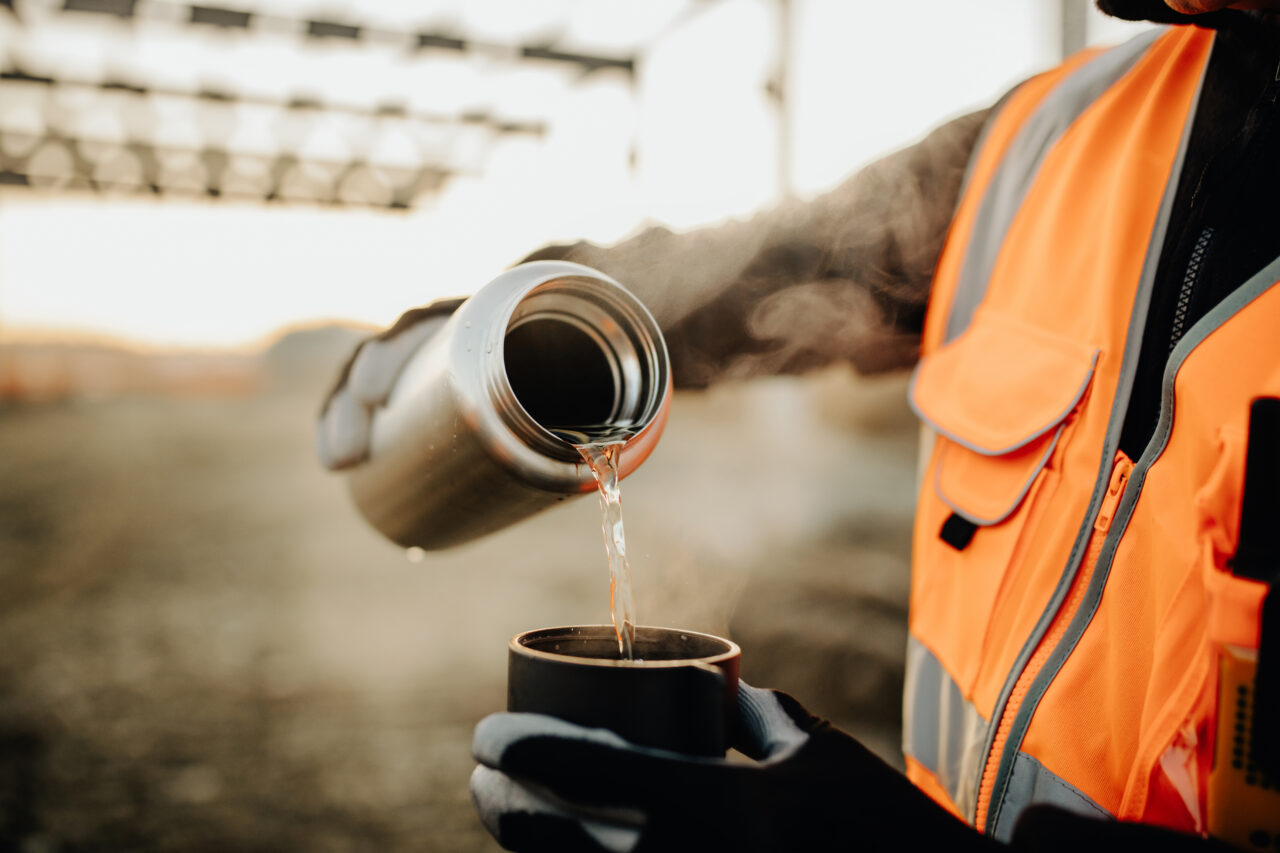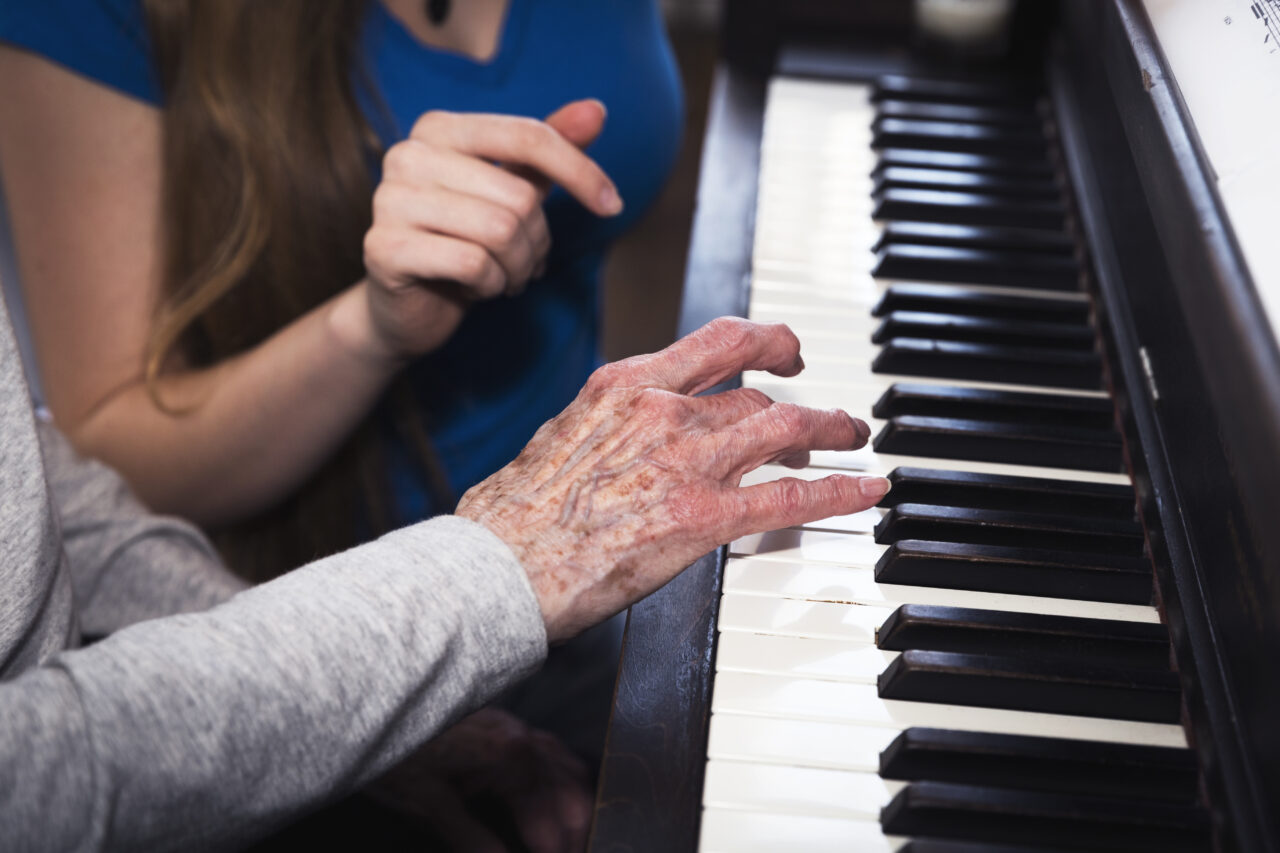For those located in remote communities, where rates of depression and suicide can be higher than average, being able to access to support services can quite literally be lifesaving.
Here are just some of the critical projects going on in our local communities:

Background
Established in 2020, in memory of a local man who took his life, the Argyll Wellbeing Hub – formerly known as Martyn’s Monday Club – has one clear mission: to prevent suicides by encouraging more people to talk about mental health.
Founder Des MacMillan’s vision was a peer-to-peer support group; a place where people struggling with mental health issues of any kind could go whether to talk things out, get advice or simply have the support of being around others.
A helping hand
With the support of a close-knit team and several local businesses, Des’s early vision has not only become a reality, with over 135 people through the doors to date, but the range of services on offer has grown and grown.
‘With the funding received, we’ve been able to jump ahead quite quickly,’ says Des. ‘The charity was initially just for men, but we decided to provide support for women too and now we have introduced a youth club for 16 to 21-year-olds.’
A Heart of the Community Fund donation of £5,000 paid for training in first aid and suicide intervention skills for 11 facilitators, with money left over to train members of the public as volunteers.
‘It’s absolutely fantastic,’ said Des. ‘We were able to provide that training free of charge for over 200 members of the community – we have had nurses, paramedics, schoolteachers, shopkeepers, job centre ladies, the unemployed, and even a doctor.’
The difference made
Post-Covid, the club has restarted face to face sessions again at its premises in Breadalbane Street, but the online Zoom meetings launched during lockdown will continue, said Des.
‘We were reaching out to people in Fort William and other areas, and now that people have made connections, it would be a shame to take that away.’
The latest goal for the Argyll Wellbeing Hub is to raise funds for two full-time coordinators to work with the team of dedicated volunteers, aided by a second Heart of the Community grant of £5,000.
‘Scottish Sea Farms has supported us from day one,’ said Des. ‘To get the funding again is phenomenal.
‘We just want to be able to help. Sometimes when people come and talk to us, they don’t need to go any further because they’ve offloaded their problems and been listened to. All we do is sit and talk.’

Background
Lerwick-based charity Mind Your Head is dedicated to promoting mental health in Shetland through unique initiatives such as the Grubby Hut sessions.
So called because they originated in modest workplace environments such as portacabins on construction sites, the Grubby Hut sessions were initially aimed at getting men to open up about their mental wellbeing.
‘The Grubby Hut sessions were a workplace presentation but also got people to speak, and it has been quite surprising how good these have been and how men will talk if you give them the opportunity,’ said Mind Your Head chairwoman Kirsten Nicolson.
A helping hand
Now, Mind Your Head is a much wider movement but the Grubby Hut programme remains popular, with charity staff visiting companies to talk to employees about the importance of looking after not only their own mental health, but that of their colleagues as well.
As with any charity, Mind Your Head relies heavily on fundraising events and local support to continue its much-needed services.
Scottish Sea Farms is very much a part of this community engagement, having hosted some of the Grubby Hut sessions and helped fund some of the wellness practitioners who facilitate each discussion.
In 2020, the company’s Heart of the Community Fund also sponsored Mind Your Head’s annual fun run to the tune of £4,000, with a further boost from Shetland Area Manager Robbie Coutts’ community allowance.
The difference made
The team behind Mind Your Head now want to extend their services to offer help to even more people in the community, including post-natal groups and youngsters.
‘We want to mirror the adult wellness programme with one for children too,’ said Kirsten. ‘We have already gone into schools with a pilot, though it was limited due to lack of funds. But there is a huge demand.’
If you would like to learn more about, or donate to, Mind Your Head, click here.

Background
Shetland Befriending Scheme offers one to one support to children from as young as seven years of age through to adults and the elderly, matching individuals with volunteer befrienders.
This could be children and young people who would benefit from regular contact with an adult that they can talk to about any issues troubling them, adults who live on their own and would like someone to meet up and do something fun with, or those with additional support needs or dementia.
In each case, the befriender and support offered is tailored to the individual’s needs.
A helping hand
Managed by Voluntary Action Shetland (formerly Shetland Council of Social Service), Shetland Befriending Scheme works in partnership with a range of local and national agencies and relies on donations of both time and money to run of the scheme.
So when Scottish Sea Farms Shetland Area Manager Robbie Coutts was deciding which local cause to help with his annual community allowance, Shetland Befriending Scheme was one of the first to spring to mind.
‘I was trying to think of charities that were going to be dealing with the fall-out from Covid, especially the young folk who are affected and haven’t been able to see their friends,’ said Robbie.
The difference made
In the past, the farm managers’ community allowance funding would typically go to sporting organisations, such as junior football, which Robbie is also involved with. But due to Covid, these activities had been curtailed and all tournaments and travelling cancelled.
‘Sport is one of the main networking opportunities for young people, so many children are not seeing their friends and may be feeling lonely.’
Offering both telephone and face to face support, Shetland Befriending Scheme offers a friendly face or voice, along with the chance to try something new or go somewhere different.
If you would like to learn more about, or donate to, Shetland Befriending Service, click here.
